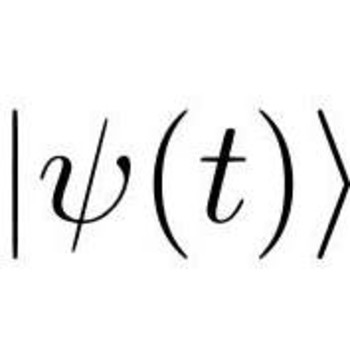What is the derivative of this function #e ^ sin (2x)#?
2 Answers
Explanation:
Using the chain rule with
and similary:
and finally:
Putting it together:
Explanation:
Given:
Apply the chain rule, which states that,
Let
Again, use the chain rule. Let
Then
Combine to get:
Substitute back
Now, we go back to the original derivative.
From here,
Substitute back


